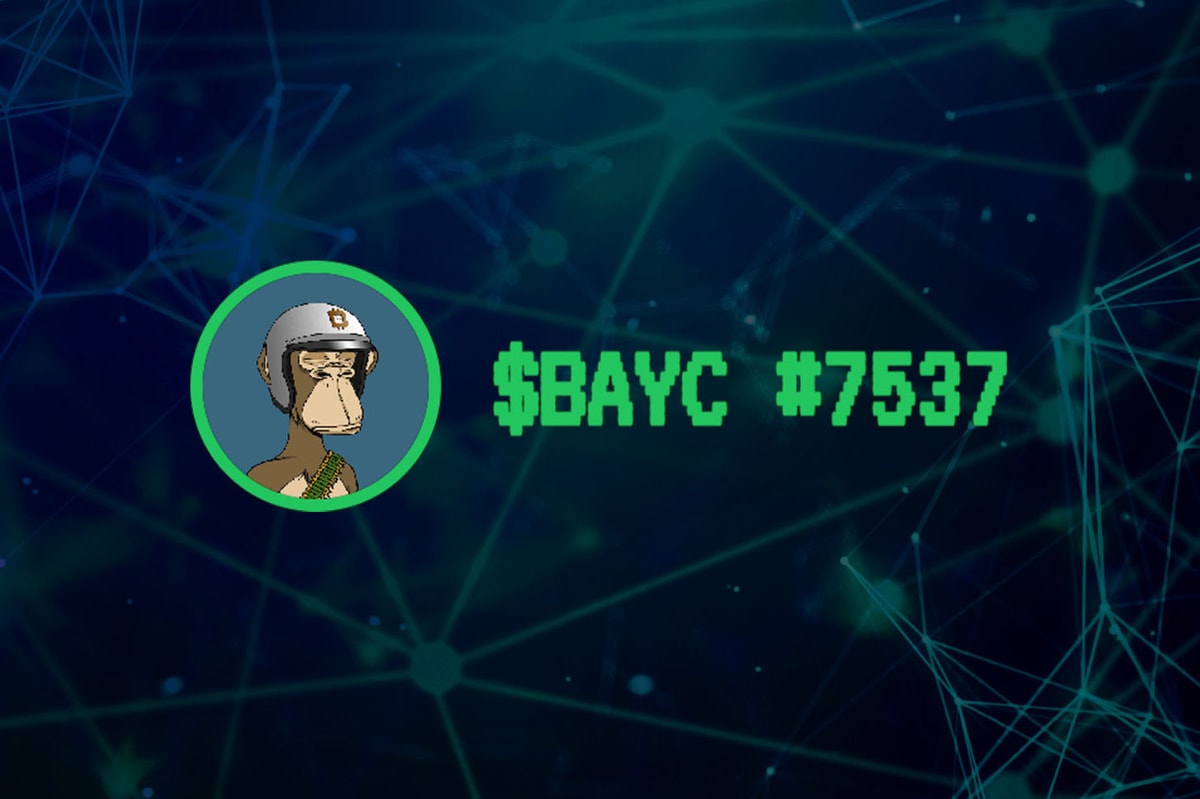Despite the current market volatility, dynamic and enterprising executives and investors are optimistic about the crypto industry’s long-term potential, despite its current turmoil.
Mastercard has adopted an aggressive expansion strategy into cryptocurrency, capitalizing on the opportunity through strategic partnerships.
Harold Bossé, vice president of new product development and innovation, predicts that the widespread adoption of crypto assets and blockchain technology will occur sooner than previously thought.
Bossé stated on a Tuesday webinar as part of Avalanche’s Powering Business with Blockchain series that there are millions of persons consuming and sending digital assets from one part of the globe to another.
Suggested Reading | Coinbase Joins The Roster Of Fortune 500 Companies
Steady Focus On Crypto And Mainstream Markets
“They are early adopters and new adopters, but we have shifted to mainstream markets,” Bossé said. “This will be a crucial factor for financial institutions moving into this arena.”
Bossé, like many others before him, compared the current status of the cryptocurrency business to the early days of the internet.
“Consider the advent of the internet; no one imagined that Amazon could even be an idea; Amazon cannot function without the internet,” he remarked.

Bossé said there are millions of people consuming and sending digital assets from one part of the globe to another (R3).
Before cryptocurrencies become popular, there are a number of obstacles to overcome, according to the Mastercard executive. Among them, he added, are a lack of senior management comprehension, commercial logic concerning scalability, cost, and speed, and regulatory considerations.
Mastercard’s crypto-related offerings include crypto-related rewards, credit cards, and the acquisition of crypto startups.
In addition, the payment processing giant had worked with a number of crypto companies, including Gemini and Nexo, to offer crypto credit cards.
Mastercard Teams Up With Market Leaders
Mastercard said in January of this year that it had signed a collaboration with Coinbase, the latest in a slew of recent deals involving payment and cryptocurrency titans.
Customers of Coinbase will be able to use Mastercard credit and debit cards to make purchases on the future NFT marketplace of the cryptocurrency exchange.
With its vast crypto expansion strategy, Mastercard might become a market leader in the field.
Suggested Reading | StepN Explodes In Popularity, Native Token GMT Soars To $860 Million Market Cap
Crypto total market cap at $1.26 trillion on the daily chart | Source: TradingView.com
Steady Stock Performance
Meanwhile, Mastercard stock has performed better than the majority of stocks during the current epidemic and market turmoil. Since April 2021, the stock has fluctuated roughly between $300 and $400 per share.
Tuesday, its shares fell almost 3 percent to 338.21 in tandem with the market decline.
Mastercard’s chief innovation officer, Ken Moore, recently said that the company is no longer “simply a card network.”
“As we embrace and establish new businesses for new client segments, we utilize technologies such as blockchain, cryptocurrencies, smart contracts, augmented reality, virtual reality, and quantum computing to create and compete in these new spaces.”
Featured image from The Verge, chart from TradingView.com








